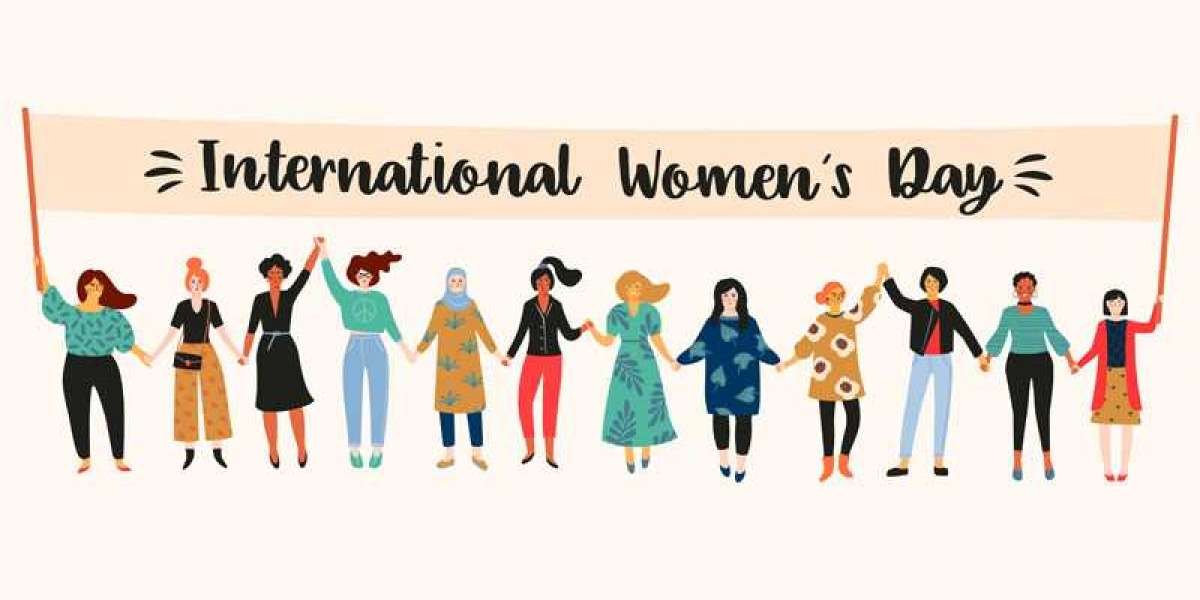Women are individuals who identify as female, and they make up roughly half of the world's population. Women have been historically disadvantaged in many societies, facing discrimination, unequal treatment, and limited opportunities compared to men. However, women have made significant strides in recent decades, with progress being made in areas such as education, employment, and political representation. Women have played important roles in shaping history, contributing to fields such as science, literature, politics, and the arts. Despite progress being made, there are still many challenges and inequalities faced by women globally, and efforts continue to be made to promote gender equality and empower women.
International Women's Day (IWD) is celebrated on March 8th every year to recognize and honor the social, economic, cultural, and political achievements of women around the world. The day is also an opportunity to raise awareness of the ongoing struggle for gender equality and to advocate for women's rights.
International Women's Day has been observed since the early 1900s and has grown in popularity and significance over the years. It is now an official holiday in many countries, including Afghanistan, Armenia, Azerbaijan, Belarus, Burkina Faso, Cambodia, China, Cuba, Georgia, Guinea-Bissau, Eritrea, Kazakhstan, Kyrgyzstan, Laos, Madagascar, Moldova, Mongolia, Montenegro, Nepal, Russia, Tajikistan, Turkmenistan, Uganda, Ukraine, Uzbekistan, Vietnam, and Zambia.
The theme for International Women's Day 2023 is yet to be announced, but in previous years, themes have focused on issues such as women's economic empowerment, ending violence against women, and achieving gender equality. The day is often marked with events, marches, rallies, and conferences, both online and offline, to celebrate women's achievements and to call for further action towards gender equality.
Women have made countless contributions to the world and have played a crucial role in shaping human history. Here are some of the many benefits that women have brought to the world:
Social and emotional intelligence: Women are often praised for their social and emotional intelligence, which enables them to connect with others, empathize, and communicate effectively. These skills are essential for building strong relationships, resolving conflicts, and creating positive social change.
Economic growth: Women's participation in the workforce has been linked to increased economic growth and development. Studies show that when women are given equal access to education, employment, and other opportunities, they contribute significantly to economic growth and poverty reduction.
Innovation and creativity: Women have made important contributions to science, technology, engineering, and math (STEM), as well as the arts, literature, and other fields. Their unique perspectives and experiences often lead to innovative and creative ideas and solutions.
Political leadership: Women leaders have been shown to bring a more collaborative and inclusive approach to decision-making, leading to better outcomes for their communities and countries. Women's political participation has also been linked to increased democracy, better governance, and reduced corruption.
Caregiving and nurturing: Women are often the primary caregivers for children, elderly parents, and other family members, and their nurturing and caregiving skills are essential for the well-being of individuals and society as a whole.
Overall, the world benefits greatly from the contributions and perspectives of women, and efforts to promote gender equality and empower women are crucial for creating a better future for all.
Finally, It is not appropriate to categorize or typecast women as every individual is unique and cannot be generalized. Women are individuals who come from different backgrounds, cultures, and identities. Each woman is different and should be treated with respect and dignity, regardless of their age, ethnicity, nationality, religion, sexual orientation, or any other characteristic.
It is important to celebrate the diversity and richness of women and acknowledge the intersectionality of their experiences. Women's experiences are shaped by various factors such as race, class, sexuality, gender identity, ability, and geographic location. Therefore, it is important to recognize and appreciate the differences among women and work towards promoting equality and empowerment for all women, regardless of their background or identity.




Alphonsus Odumu 4 w
Women's day